In the world of amateur radio, repeaters are essential tools that enhance communication over long distances, facilitate group discussions, and provide critical support during emergencies. However, there seems to be a misconception that repeaters are primarily used for phone patches—an outdated practice where repeaters were connected to telephone lines to allow radio operators to make phone calls. Let's delve into this misconception and highlight the broader functionalities of repeaters.
Phone Patches: A Bygone Era
It's surprising to hear some amateur radio operators claim that their primary use of repeaters was for phone patches. While this might have been true for a few individuals in the past, it doesn't capture the full scope of what repeaters offer today. Historically, major club repeaters did have phone patches, allowing operators to make phone calls via the repeater. However, many repeaters, especially those in smaller clubs or personal setups, did not have this feature.
In modern times, the reliance on phone patches has significantly dwindled. Even though a few repeaters may still have phone patch capabilities, their use has become rare. The rise of smartphones and cellular technology has made phone patches largely obsolete. Yet, this shift does not diminish the importance of repeaters in the amateur radio community.
The True Value of Repeaters
Repeaters serve multiple functions that go beyond the ability to connect to a phone line. Here are some of the key features and benefits of using repeaters:
-
Extended Communication Range: Repeaters amplify signals, allowing operators to communicate over much longer distances than they could with a simplex radio. This is particularly useful in urban areas with many obstacles or rural areas with expansive coverage needs.
-
Emergency Communication: During emergencies, when smartphone coverage may be unavailable or unreliable, repeaters become vital. If you break down and have no cell service, calling out on a repeater can connect you with others who are monitoring. This can be a lifesaver in critical situations.
-
Community Building: Repeaters are hubs for local amateur radio communities. They facilitate regular nets, where operators check in to share updates and engage in conversations. This fosters a sense of camaraderie and mutual support among operators.
-
Public Service and Events: Amateur radio operators often provide communication support for public events like marathons, parades, and disaster drills. Repeaters play a crucial role in coordinating these activities, ensuring smooth and efficient communication across the event area.
-
Technical Learning and Experimentation: Using repeaters allows operators to experiment with different equipment, antennas, and operating techniques. This hands-on experience is invaluable for learning and honing one's skills in radio communication.
Conclusion
While phone patches were a notable feature of repeaters in the past, focusing solely on this aspect misses out on the myriad benefits that repeaters offer today. From extending communication range and ensuring reliable contact during emergencies to building community ties and supporting public events, repeaters remain a cornerstone of amateur radio.
For those new to the hobby or considering expanding their use of repeaters, it's important to explore and appreciate the full range of functionalities. By doing so, you'll discover that repeaters are far more than just a relic of the phone patch era—they are dynamic tools that enhance the overall amateur radio experience.

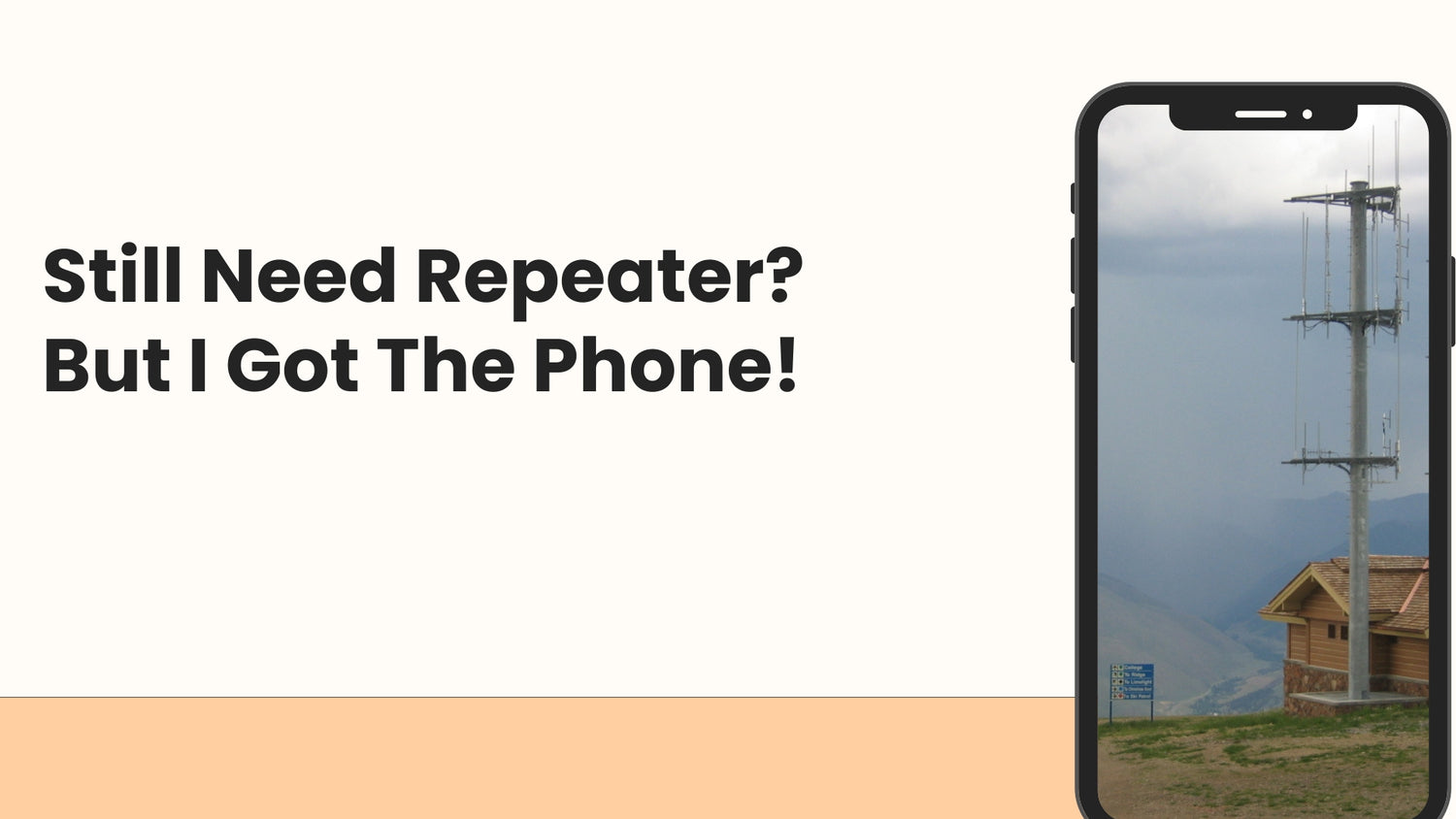
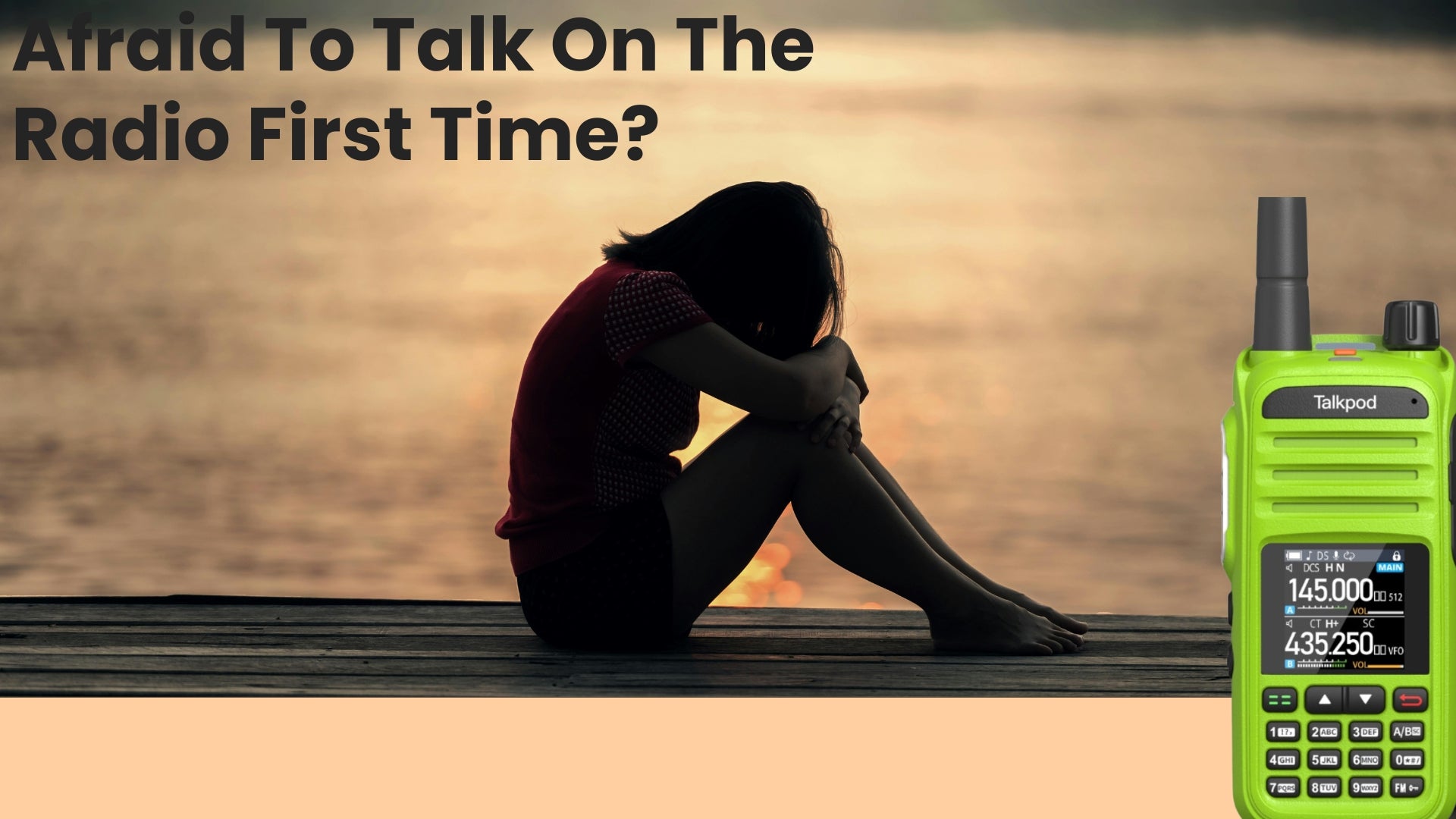
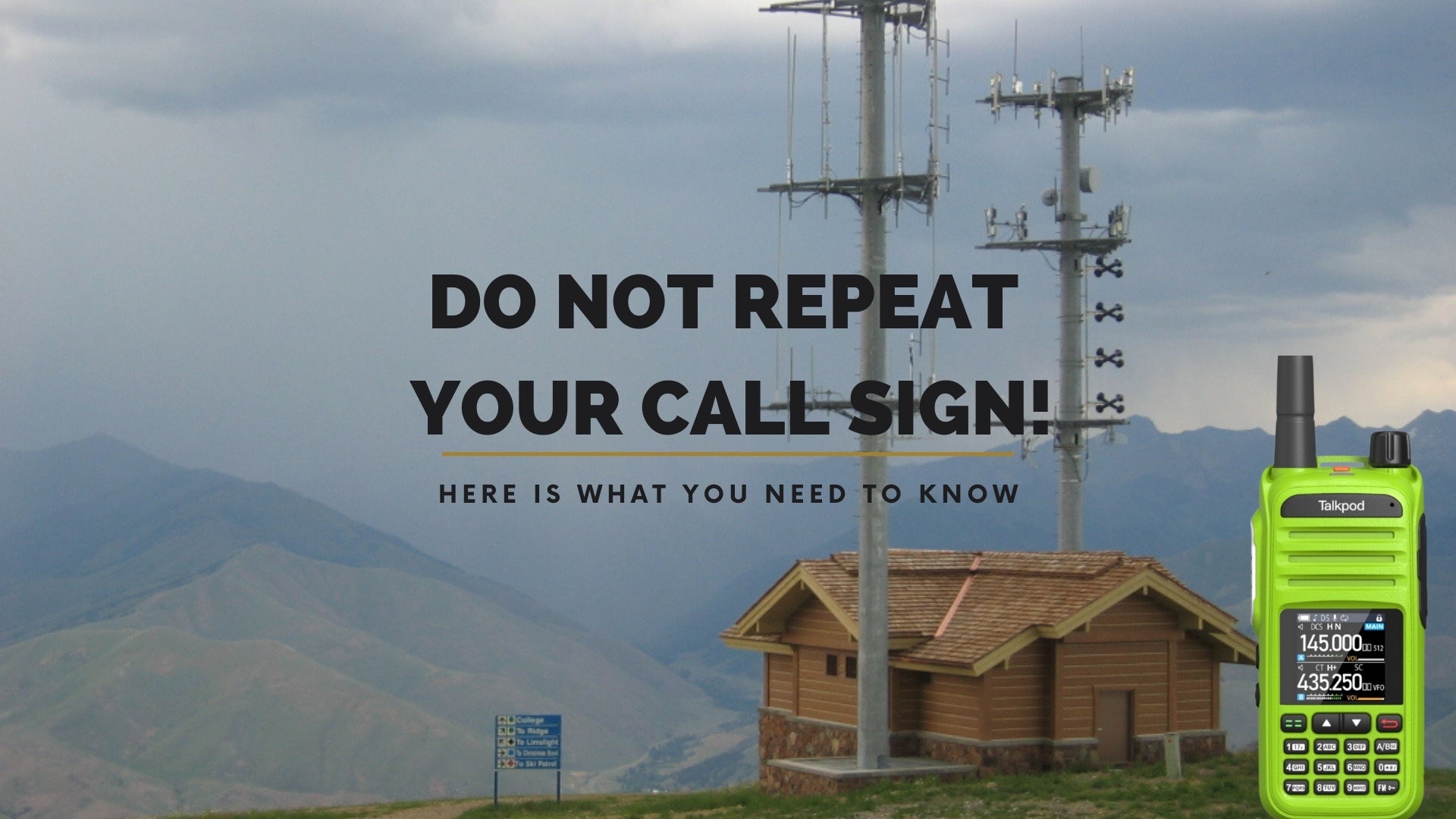
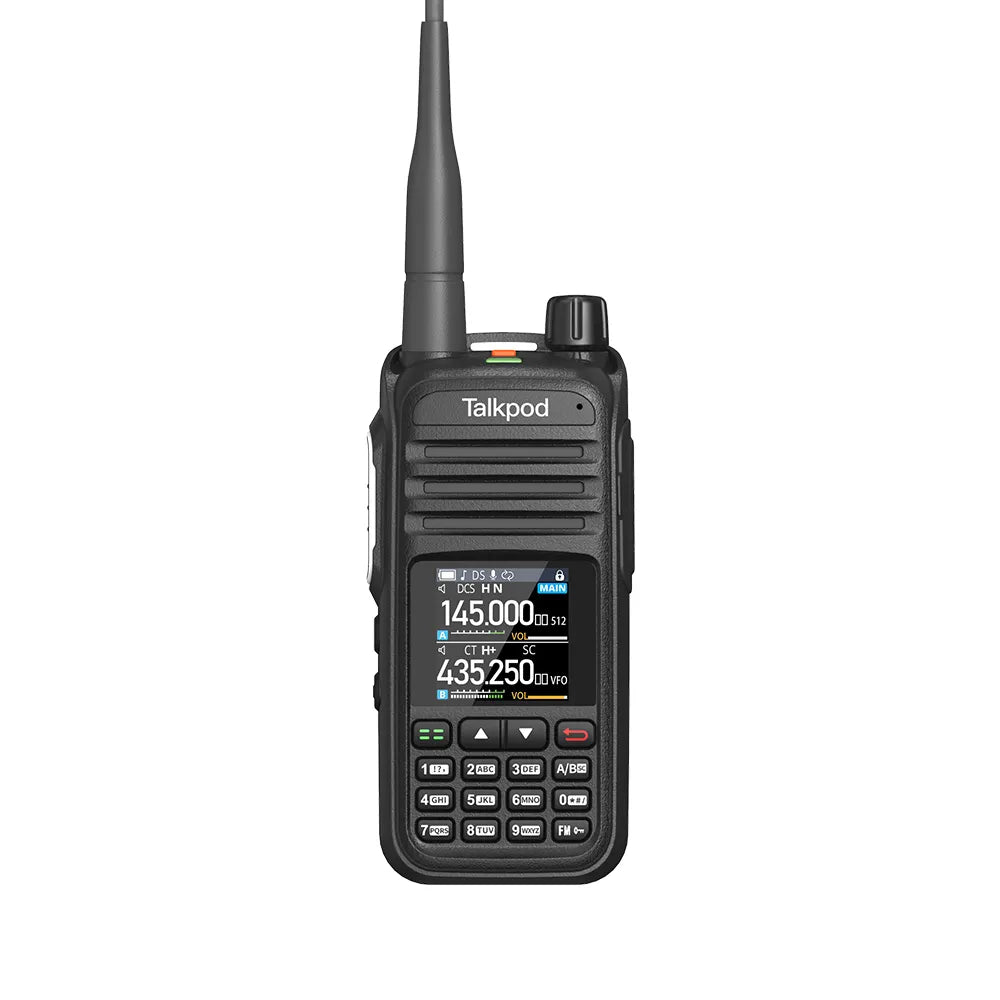
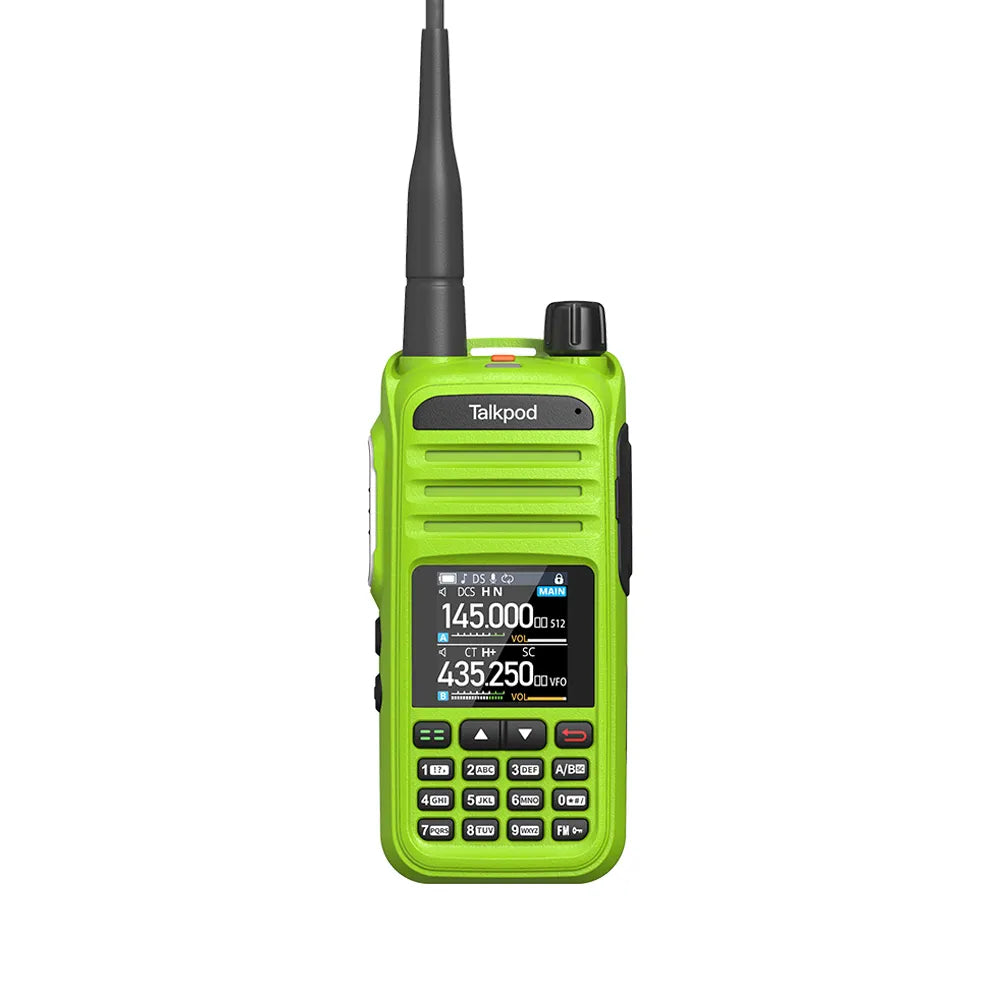
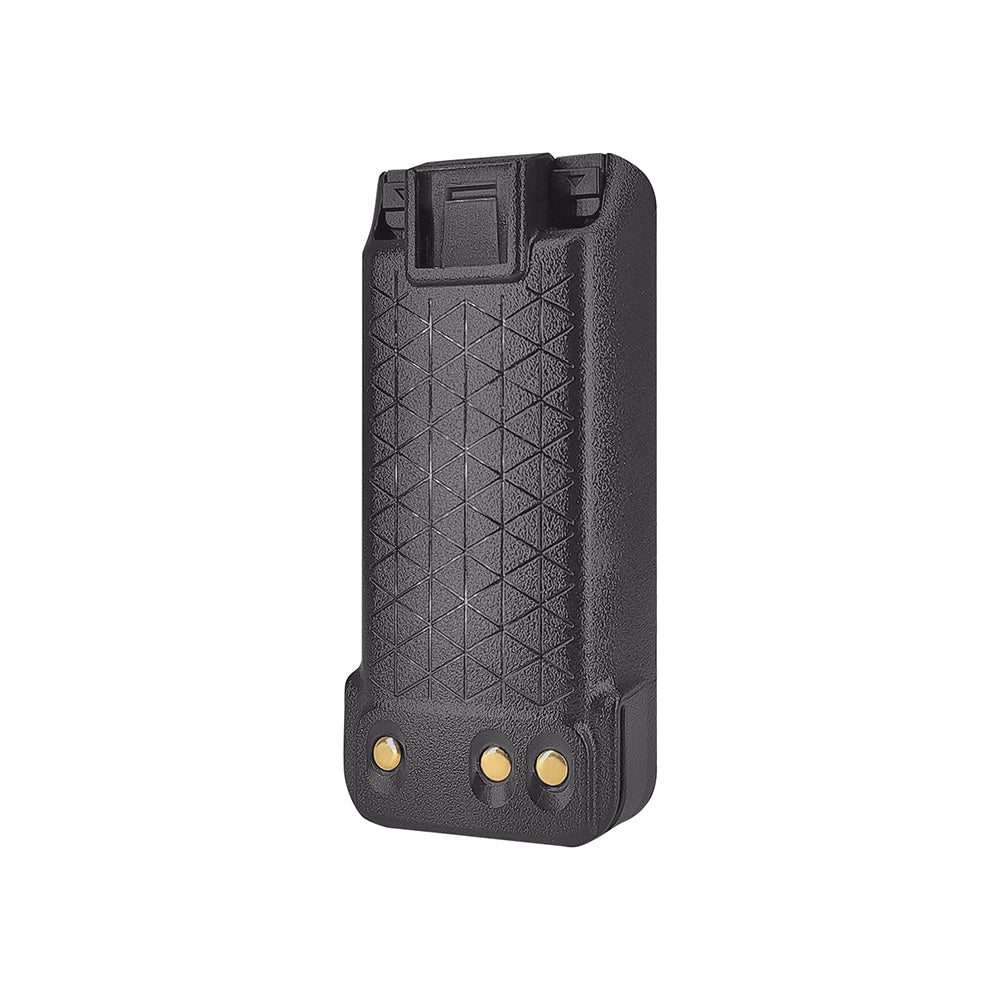

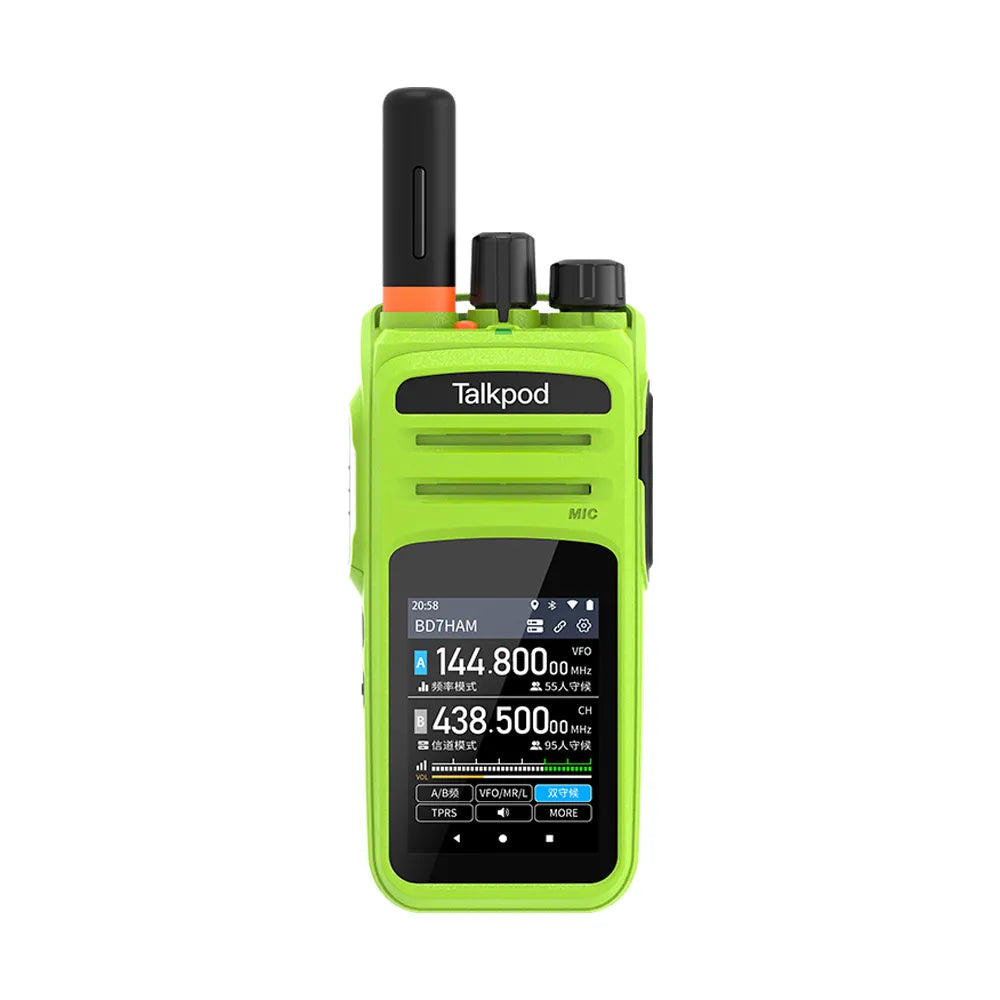
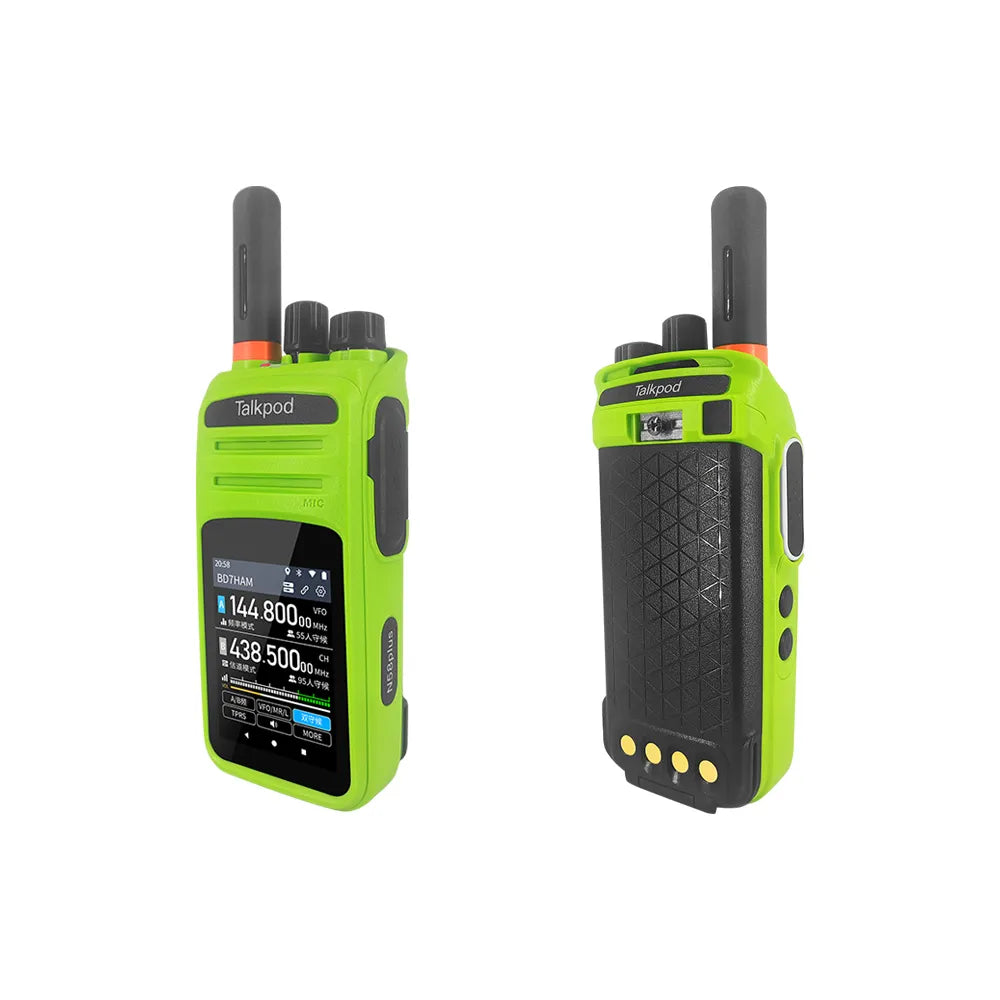
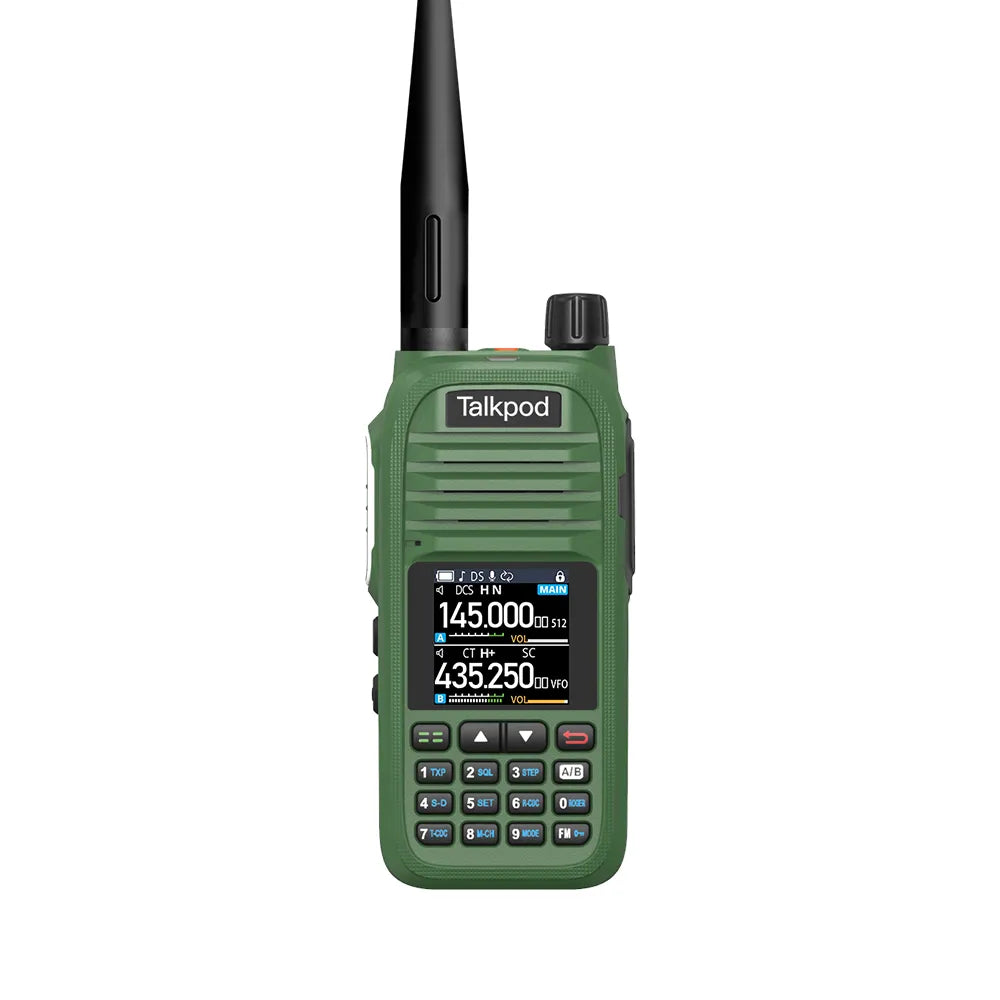
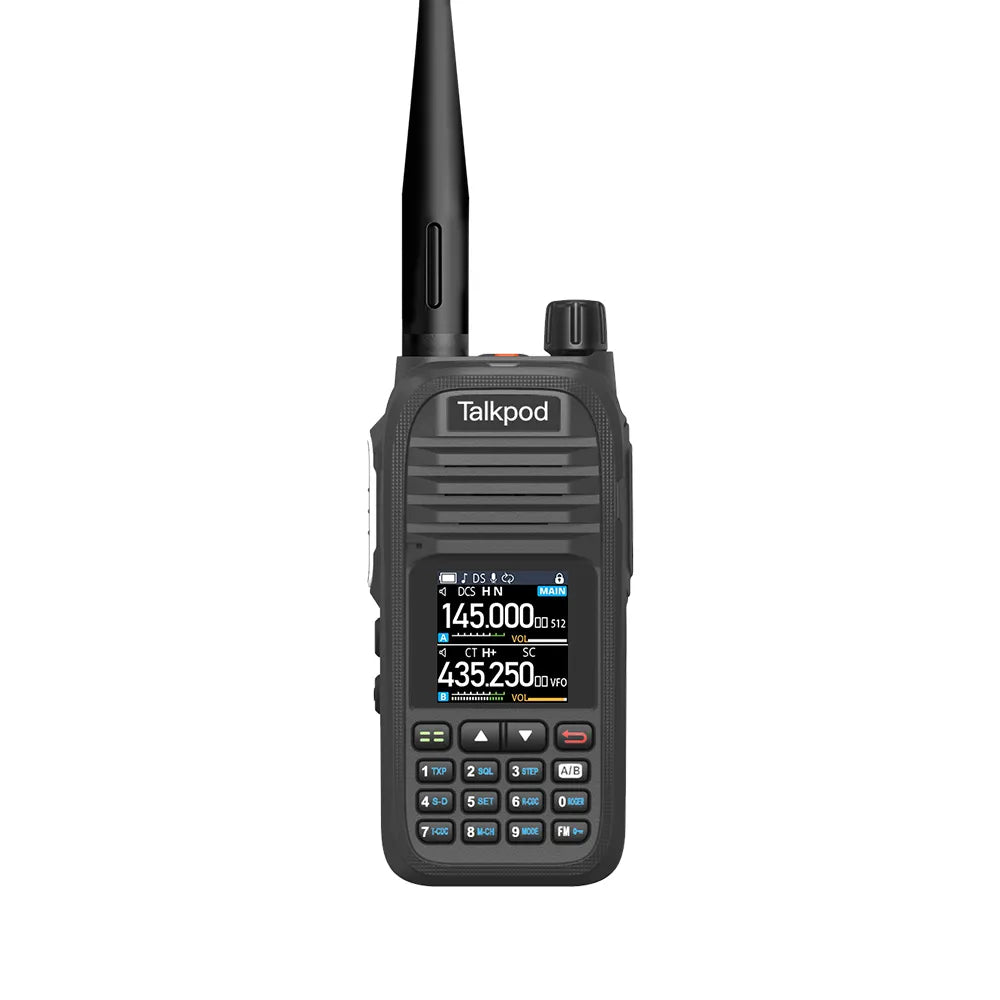
Leave a comment
All comments are moderated before being published.
This site is protected by hCaptcha and the hCaptcha Privacy Policy and Terms of Service apply.